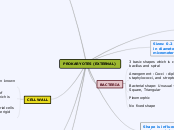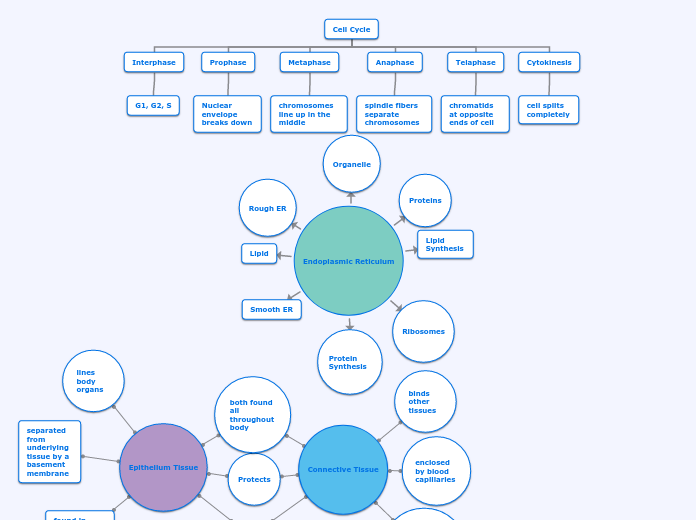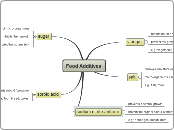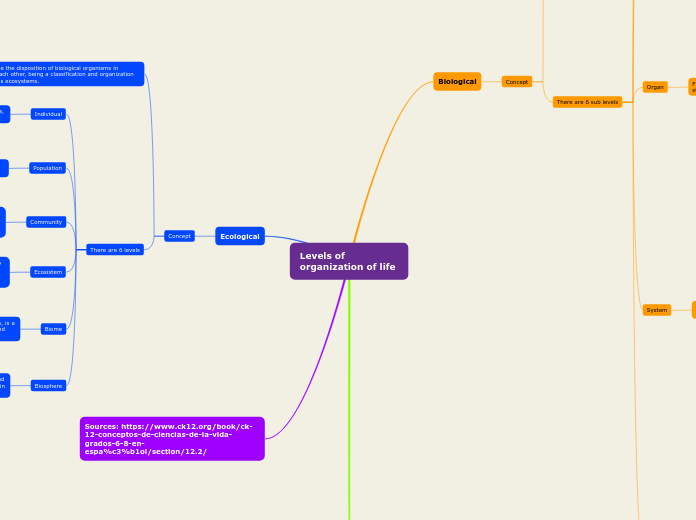PROKARYOTES (EXTERNAL)
ARCHAE
Pseudopeptidoglycan
Naturally resistant to lysozyme and penicillin
GRAM NEGATIVE
Lipopolysaccharide high content
Outer membrane present
Periplasmic space present
Thin layer of peptidoglycan and bonded to lipoproteins
CELL WALL
Functions : Prevent bacterial cells from rupturing and provide rigid platform
Gram Positive
Teichoic acid present
Thick peptidoglycan and smaller than the Gram Negative
Exoenzymes are secreted
Peptidoglycan composed of repeating dissacharide which is NAG and NAM
Composed of peptidoglycan known as murein
Structures external to the cell wall
Glycocalyx
Source of nutrients
Protection from phagocytosis
Of substance is unorganized and one loosely attached to the cell wall, it's a slime layer
If substance is organized and firmly attached to the cell wall is capsule
Made of sugars called extracellular polysaccharide
Flagella
Amphitrichous-one flagellum at each end of the cell
Peritrichous - Spread over entire surface of cell
Lophotrichous - cluster of flagella at one or both ends
Monotrichous- one flagellum
Motility and attachment to surface
Axial Filaments
Bundles of fibrils that arise at the ends of the cell beneath the outer sheath
Fimbriae and Pili
Transfer of DNA from one cell to another and called as sex pili
Can occur are the poles of the bacterial cell and evenly distributed
Shape is influenced by environmental conditions, age of culture and antibiotic pretreatment
BACTERIA
No fixed shape
Pleomorphic
Bacterial shape: Unusual - Star, Square, Triangular
Arrangement : Cocci : diplococci, staphylococci, and streptococci
3 basic shapes which is coccus, bacillus and spiral
Sizes: 0.2 to 2.0 micrometers in diameter and 2-8 micrometer in length
The prokaryotes are group of organisms that lack a cell nucleus









